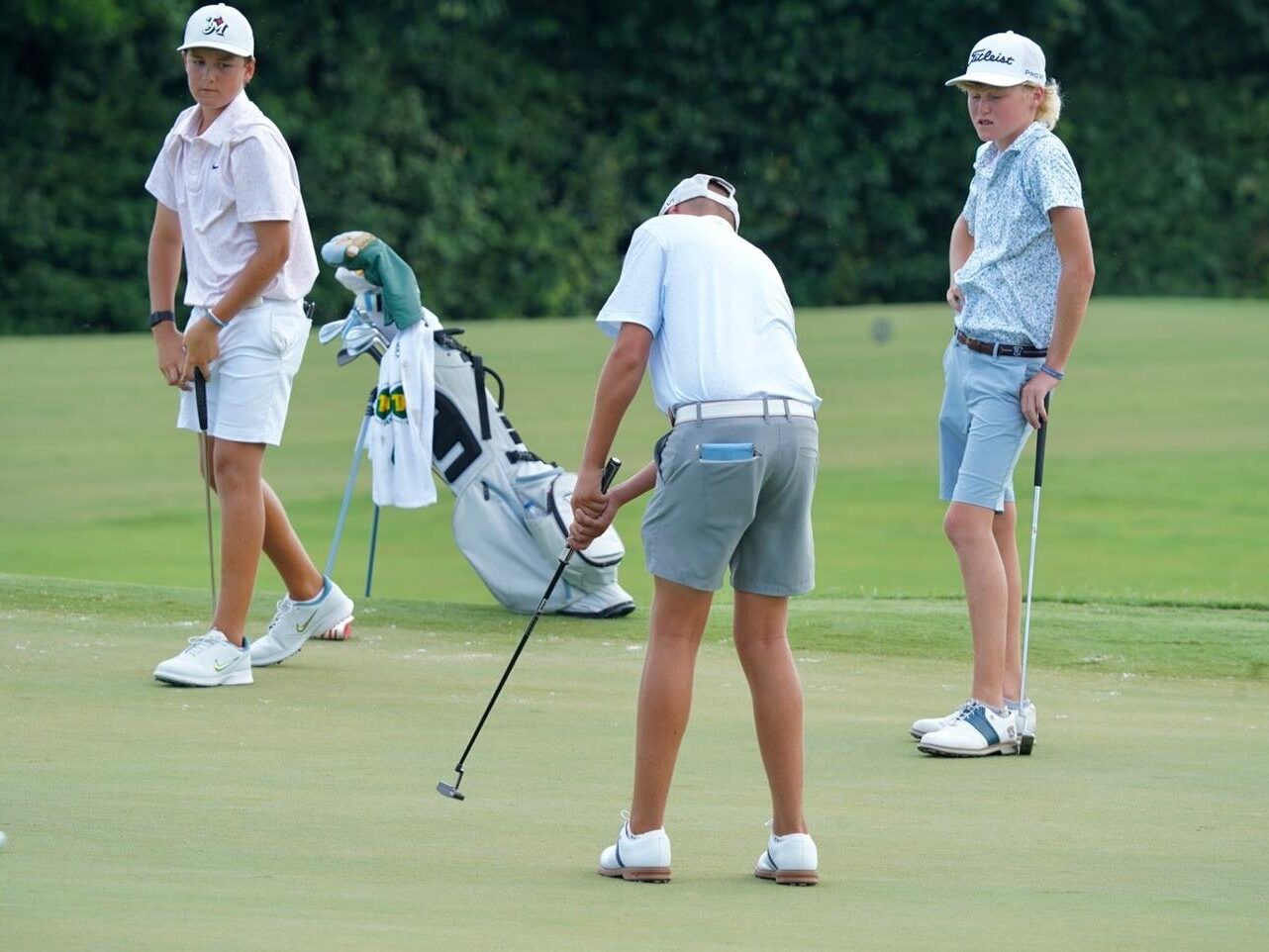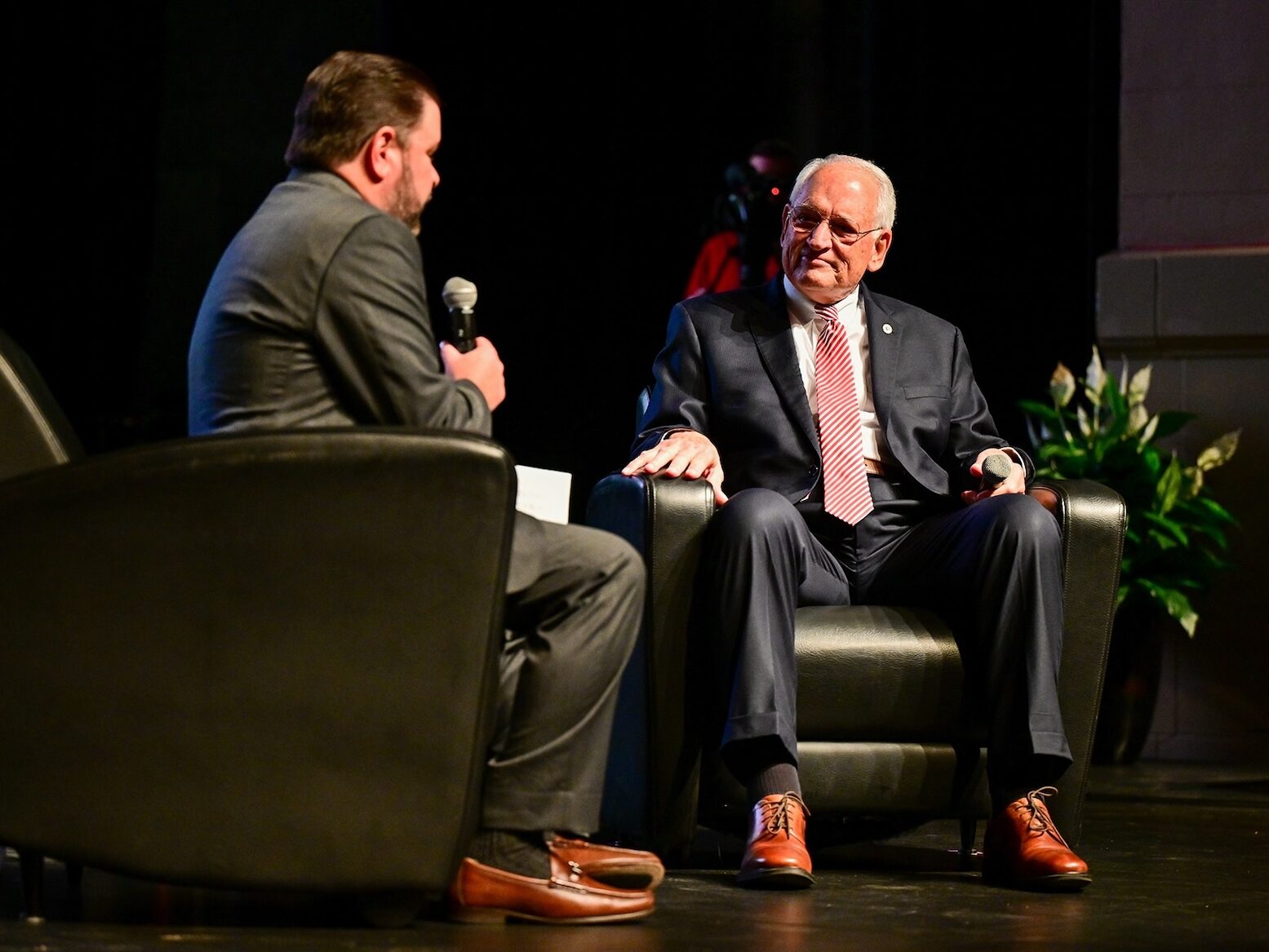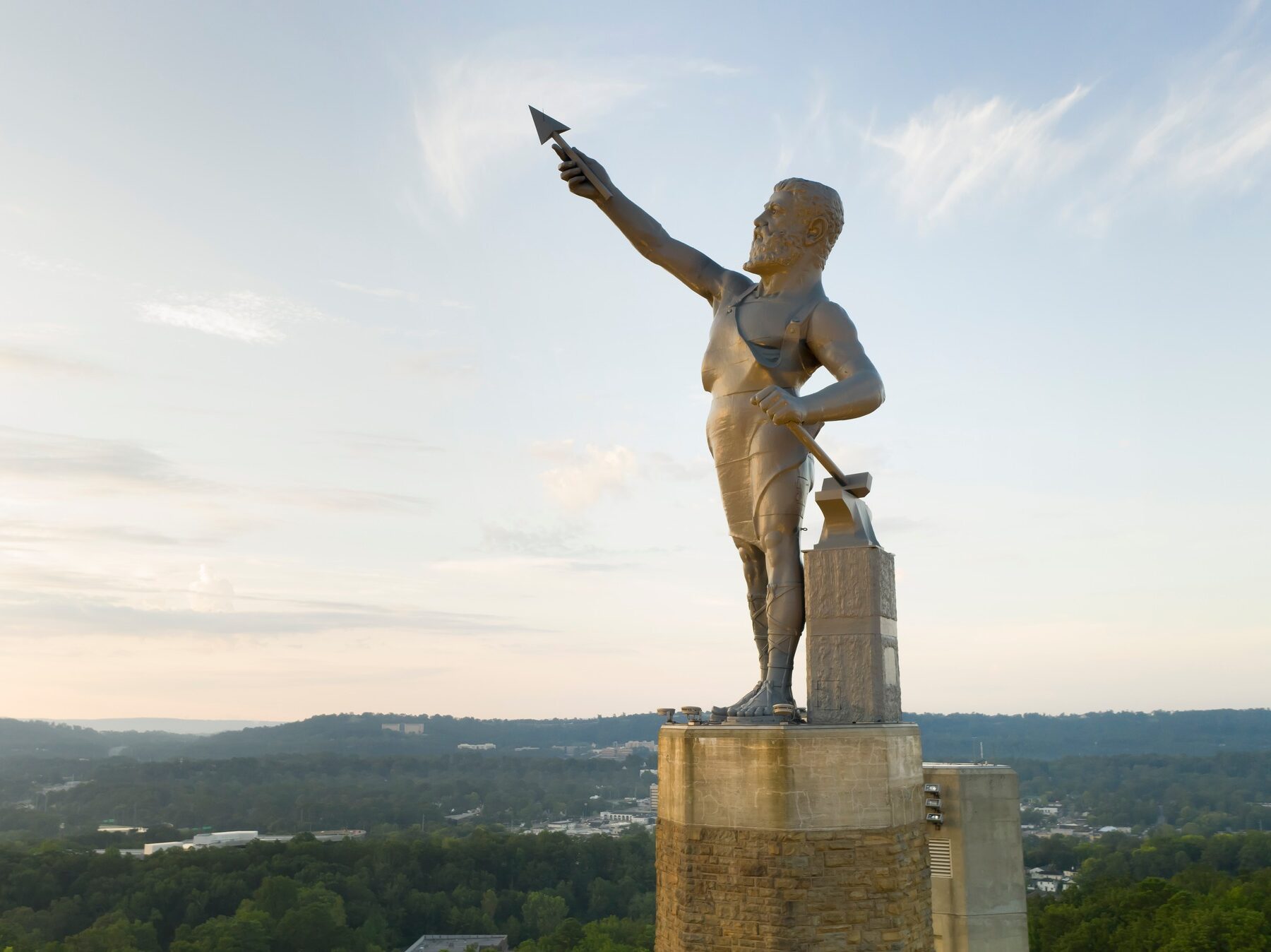A look into the future of small-town Alabama has taken us back in time to our roots of Southern hospitality.
Everywhere you look small towns are being romanticized. From the biggest tv shows and movies, high-end magazines, beautiful outdoor books, to the local news; today’s modern media is tracking the vast migration of Americans from crowded coastal cities to slower-paced communities and homegrown values.
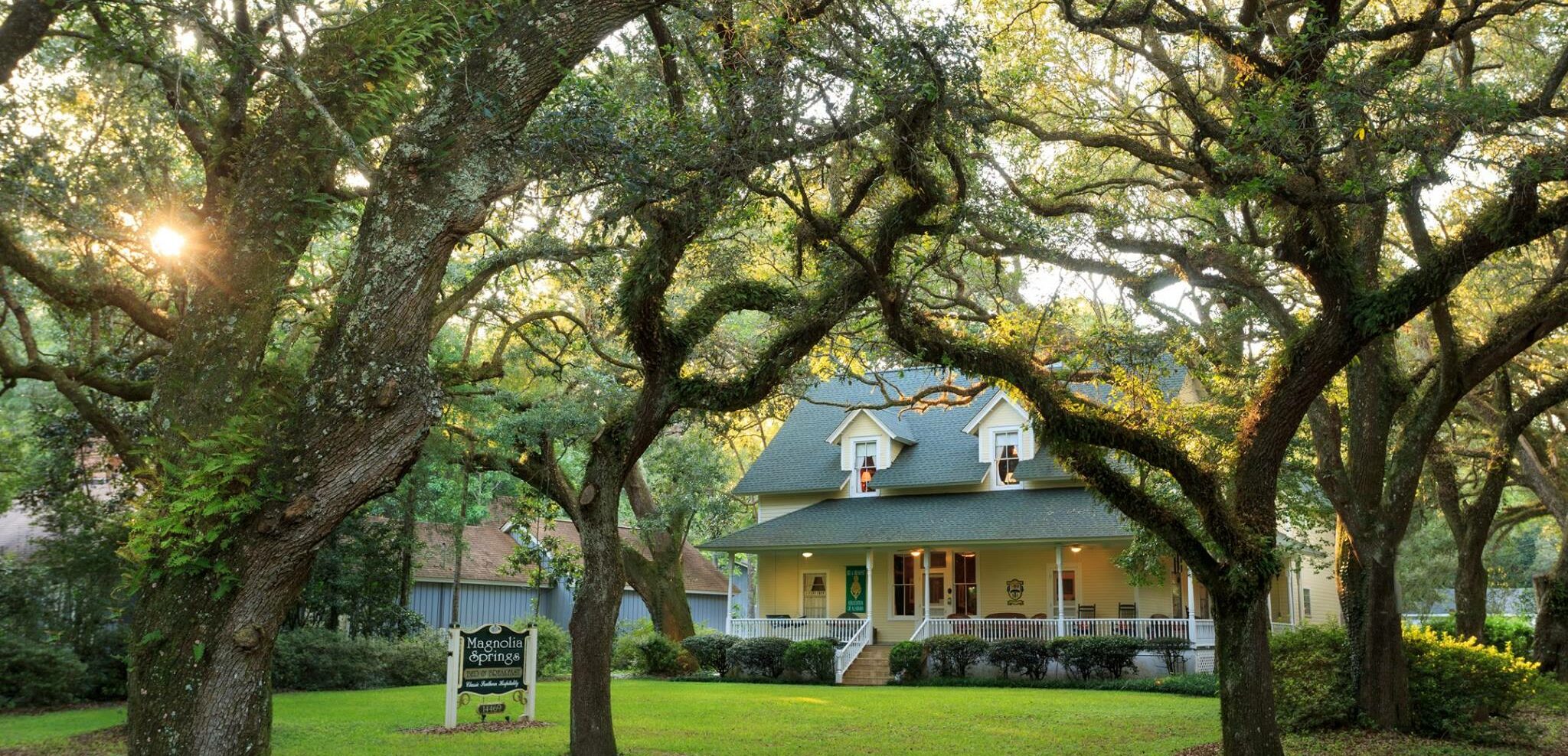
(Magnolia Springs Bed and Breakfast/Facebook)
SoulGrown offers no exception. We are proud to champion the romanticized south by highlighting the reality that ignites that desire so deep in the heart of men (and women). While small-town Alabama will always remain at the inner core of “the Soul of the South,” it will only hold on to its quintessential admiration with a bit of old fashion, Southern hospitality.
However, these long-held, exceptional social practices would be void without proper infrastructure. And that is where we begin our look into the future of what Alabama small towns will become. Southern hospitality can be defined as many things, but we’ve narrowed it down to three main characteristics: welcoming, helpful, and kind. These attributes outline what Southern hospitality means to Alabamians and create a foundation for those in positions of power to lead from. Alabama’s state leadership has made many strides recently to pour resources into our rural counties. From new builds to re-builds, millions of dollars are invested in outskirt communities.
As SoulGrown, we will always dig beneath the surface to find the heart behind any initiative to advance our home state. From what we’ve seen, recent efforts in 2022 from state leadership have truly captured the essence of Southern hospitality as its defined it above. Continuing to embrace these values will lend rural Alabama the helping hand it needs to see an economically abundant future.
-
Welcoming
Can roads be a sign of a warm welcome? Maybe not at first, but a bumpy, pot-filled road can definitely deter visitors and residents from passing through. Millions of dollars towards local “Rebuild Alabama” infrastructure projects demonstrates our state’s focus around excellence in every detail. 11 different counties were recently awarded grants for road and bridge projects needed to welcome more visitors into their communities. Historic DeKalb county will see $220,000 to resurface Valley Head Square which consists of Anderson Street, Commerce Avenue, Winston Street, and Sulphur Springs Road, as well as Carmichael Road.
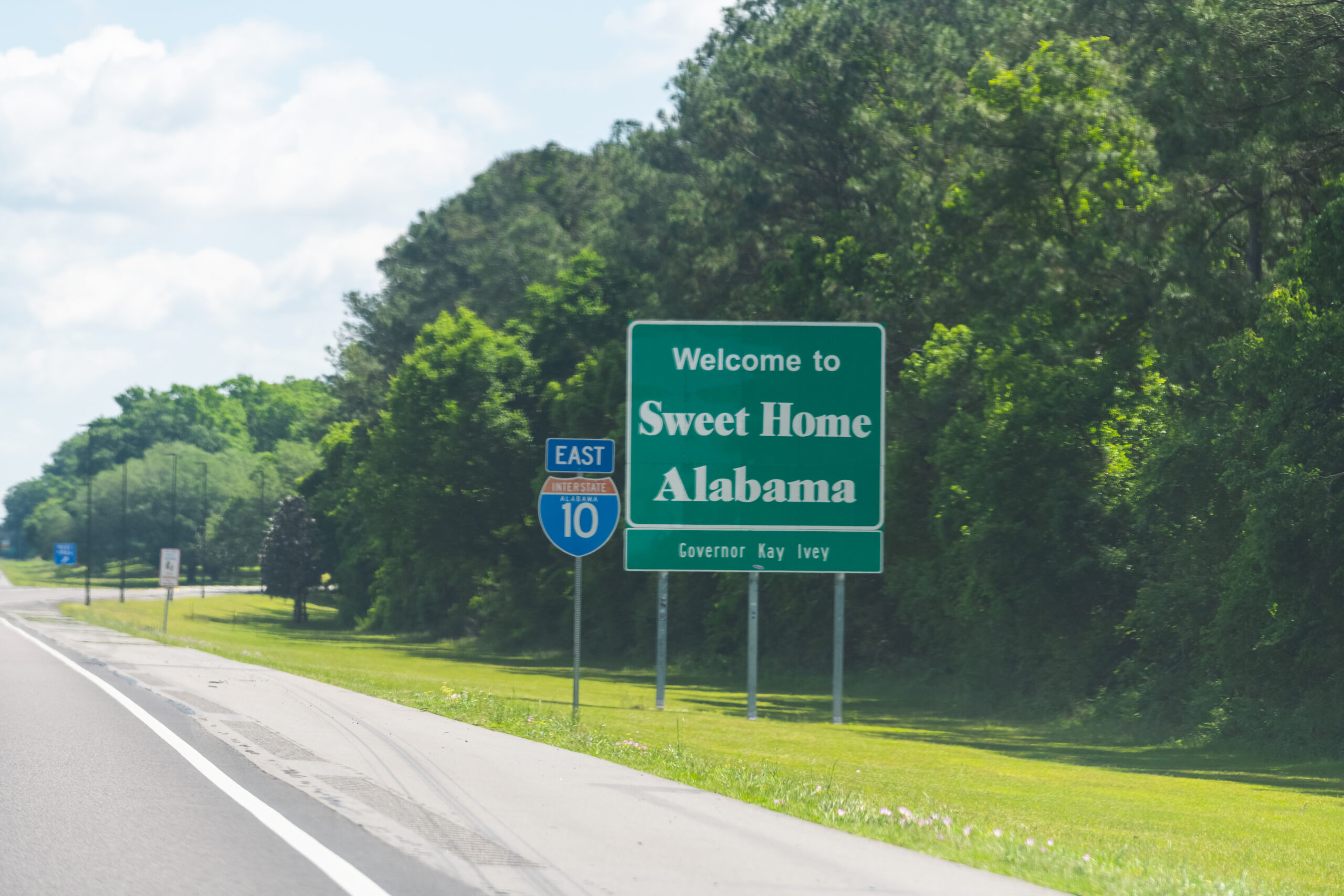
(Ablokhin/Contributed)
On a larger scale, resilient Choctaw county will see $700,000 towards a complete replacement of its bridge over Spear Creek which will contribute to local access to the area’s outdoor amenities like fishing, swimming, and kayaking.
Roads and bridges getting the TLC they deserve connects to a much larger purpose. Enhancing the infrastructure of small towns is allowing locals to get around with ease, making these communities more desirable for relocation, and offers a sense of pride to residents as they welcome out-of-town friends and family into their homes.
Governor Kay Ivey stated during the announcement of the $2.6 million allocation,
“This is a remarkable milestone for our state, and I look forward to furthering these efforts to make Alabama a better place to live, work and raise a family.”
-
Helpful
In the south, most people subscribe to a collective belief that helping each other is simply the right thing to do. One of the ways small-town Alabama will see a future, is through taking care of its major needs.
Famed Alabama native, Hellen Keller, said once,
“Alone, we can do so little; together we can do so much.”

(StockSeller_ukr/Contributed)
And that’s exactly what’s happening as Alabama Department of Economic and Community Affairs (ADECA) announce its investment of $19.3 million into community development.
ADECA Director Kenneth Boswell said about the recently awarded grants, “I commend community leaders and planners for their efforts to improve the lives of their residents and make their communities better places to live.” Of the 67 counties in Alabama, 50 were included in these Community Development Block Grants, many of which are made up of Alabama’s small-town communities. Helping each other out in this way is a major nod to Alabama’s hospitable heritage and the only way we see rural and urban communities both prosper.
-
Kind
Kindness is defined by Oxford Languages as “the quality of being friendly, generous, and considerate.” Frequent acts of generosity happen often in the “Bible Belt” and without-a-doubt lend themselves to the character of Alabama small towns. What’s even more impactful however, is when powerful people extend a hand of kindness. In our modern, digital world, access is everything. Without access to education, health care, and even social connection, local businesses and families can struggle. Alabama is a state that takes care of its people, especially in rural communities where this “access” may be harder to come by.
In a $26.6 million act, Governor Ivey announced grants that would expand broadband services throughout the Yellowhammer State.
The bold truth according to ADECA Director, Kenneth Boswell, is that high-speed internet has the ability to “change the world.”

(Kyryl Gorlov/Contributed)
A perfect example is to look back and learn from our recent past. The Covid19 pandemic moved Americans back into their homes and their school and work came along with them. For families in small town/rural areas, remote-learning and work-from-home jobs were challenging due to lack of access to high-speed internet in order to stay connected to the rest of the world. This financial investment ensures a stronger future for small towns that this part of history will likely not be repeated.
Making a difference in rural communities starts from within. As those in Alabama embrace the state’s reputation as a beacon of Southern hospitality; remain welcoming, helpful and kind, the future for small-town Alabama is bright.

